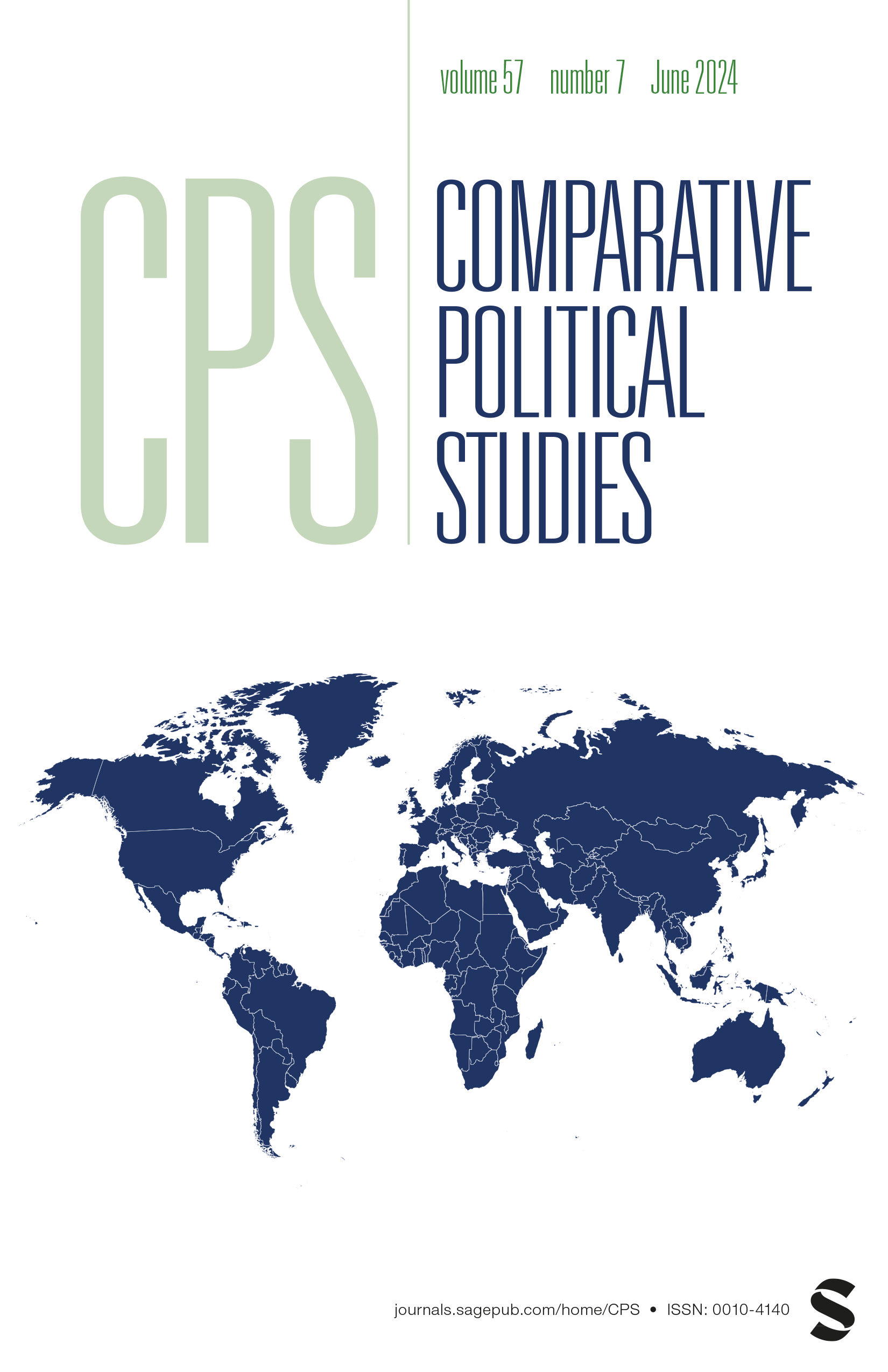国家缺席、复仇与危地马拉的警戒逻辑
IF 3.4
1区 社会学
Q1 POLITICAL SCIENCE
引用次数: 0
摘要
在世界各地,公民都会避开国家,独自惩罚犯罪行为。这种私刑可以帮助社区维持秩序,但也引发了人们对公共责任和被告权利的担忧。虽然先前的研究已经确定了私刑的结构相关性,但一个悬而未决的问题是,在哪些情况下,公民更喜欢私刑而不是传统警务。为了理解这些偏好,我们借鉴了两种惩罚逻辑:国家替代和惩罚。利用向危地马拉9000多户家庭提供的一项联合实验的调查数据,我们发现,对私刑的偏好取决于犯罪的违法程度以及被国家起诉的可能性。受害者和犯罪者的性别,以及犯罪严重程度和犯罪者职业,都会影响人们是否支持私刑。这些结果最终引发了人们对“非正式”警务形式可行性的担忧。本文章由计算机程序翻译,如有差异,请以英文原文为准。
State Absence, Vengeance, and the Logic of Vigilantism in Guatemala
Across the world, citizens sidestep the state to punish offenses on their own. Such vigilantism can help communities provide order, yet it raises concerns about public accountability and the rights of the accused. While prior research has identified the structural correlates of vigilantism, an open question is in which cases citizens prefer vigilantism over conventional policing. To make sense of these preferences, we draw on two logics of punishment: state substitution and retribution. Using survey data from a conjoint experiment presented to over 9000 households across Guatemala, we find that preferences for vigilantism depend on how transgressive the crime is as well as how unlikely it is to be prosecuted by the state. Victim and perpetrator gender, as well as crime severity and profession of the perpetrator, affect whether people endorse vigilante punishment. These results ultimately raise concerns about the viability of "informal" forms of policing.
求助全文
通过发布文献求助,成功后即可免费获取论文全文。
去求助
来源期刊

Comparative Political Studies
POLITICAL SCIENCE-
CiteScore
8.40
自引率
4.00%
发文量
69
期刊介绍:
Comparative Political Studies is a journal of social and political science which publishes scholarly work on comparative politics at both the cross-national and intra-national levels. We are particularly interested in articles which have an innovative theoretical argument and are based on sound and original empirical research. We also encourage submissions about comparative methodology, particularly when methodological arguments are closely linked with substantive issues in the field.
 求助内容:
求助内容: 应助结果提醒方式:
应助结果提醒方式:


